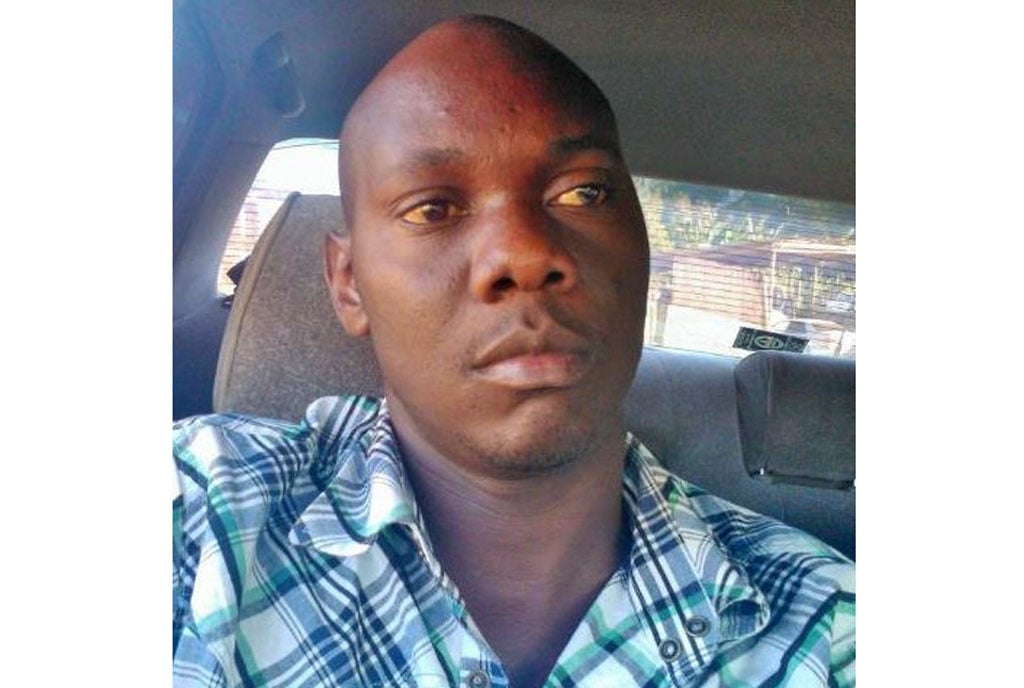Prime
Museveni mounts new coffee charm offensive

President Museveni and stakeholders from the coffee sub-sector at State House Entebbe on September 14, 2022. PHOTO/PPU
What you need to know:
- President Museveni shared with the stakeholders how best to add value to Uganda’s coffee beans.
President Museveni yesterday met selected stakeholders from the coffee sub-sector to discuss the fate of the impugned coffee deal with Uganda Vinci Coffee Company (UVCC) Limited.
On February 10, Finance minister Matia Kasaijja signed an agreement with the UVCC to process Uganda’s coffee beans.
Ms Enrica Pinetti, the chairperson of UVCC, who witnessed the signing of the deal that was red-flagged by the parliamentary Trade committee on May 18, did not attend yesterday’s meeting which sources described as “highly confidential” but her team attended.
However, Mr Kasaija and Attorney General Kiryowa Kiwanuka, who initially cleared the coffee deal before Parliament’s Committee on Trade terminated it, were at the State House Entebbe for yesterday’s meeting.
Sources, who attended the meeting, said Mr Kiwanuka and Mr Moses Byaruhanga, the senior presidential advisor on political affairs, were tasked with finding a way to improve the whole coffee value chain.
This came after President Museveni shared with the stakeholders how best to add value to Uganda’s coffee beans.
“We had an opportunity to listen to his strategic vision for the coffee sector,” one stakeholder, who attended the meeting said, adding, “We understand now that the objective is to increase the earnings that Uganda can get from coffee.”
Our source at the meeting further told us that they “shared suggested ways in which the whole value chain can be improved in order for these objectives to be achieved.”
The stakeholders at the meeting included farmers, exporters, traders, and officials from the Uganda Coffee Development Authority (UCDA). The meeting was also attended by Mr Fred Bwino Kyakulaga, the junior Agriculture minister.
Mr Museveni has made no secret of the government’s intention to venture into the lucrative business of exporting processed coffee.
While Uganda tops coffee exports in Africa, this is largely in green coffee. Slightly more than six million bags are exported thanks to the efforts of at least 1.7 million households in Uganda that grow coffee with a plot size of under an acre.
“Uganda should be able to produce from the garden up to the table. But for the case of coffee, it is from the garden to Kampala. This must stop,” President Museveni is reported to have told coffee stakeholders that attended yesterday’s meeting, adding, “Before we came to power, we wrote a 10-point programme. Point five was that we are going to build an economy, which is independent, integrated and self-sufficient. When it comes to coffee, from the beginning I said we should add value to our products and it is still our stand.”
Mr Museveni added that he wants the coffee sub-sector to follow the path of players in the milk and textiles industry.
“In every sector the struggle to get full value addition on our products is on,” the President said.
In a statement put out by the State House, the stakeholders are reported to have pledged to pull in the same direction.
“We are here to get advice from you and share ideas. Our aim is to ask the government to support our local indigenous companies to add value to our coffee,” Mr Robert Kabushenga, their coordinator, is reported to have said.
He added: “We would like to assure you that we are 100 percent behind you. We want to put a solid coffee plant in Uganda.”
Troubled past
The deal that the government entered into with UVCC in February was, inter alia, supposed to produce 60,000 tonnes of processed coffee. The deal, however, offered UVCC several sweeteners that included tax holidays and exclusive rights to buy all of Uganda’s coffee. Lawmakers on the Trade committee found most of such provisions untenable.
READ OPINION: Looking for money among poor people
In August, the UCDA and Uganda Development Corporation, the investment arm of government, revealed that plans to set up a soluble coffee plant in the country are being explored.
Mr Ahmed Sultan, an official from UVCC, was quick to assure stakeholders that the company has their best interests at heart.
“We are here to work together and trade with you and increase productivity,” he said.
What other stakeholders say
Godfrey Kiwanda, former Minister of State for Tourism: For me, I have no problem with anybody who can add value to our coffee. The more the competition, the better for my farmers. If Madam Pinetti picked interest in coffee and she is willing to add value and give us the money we want out of our coffee, I wouldn’t have a problem. The only problem I would have is the creation of the monopoly. The more players come on board to process, do trade, add value, the better.
Moses Kasibante, former Lubaga North lawmaker: Museveni shouldn’t behave like a broker, mediating between a dealer and peasant coffee farmers. He seems to be aiming at brokering a deal to surrender [the farmers’] benefits on prices determined by international coffee trade factors. What is happening to his much hyped liberal economy only being enjoyed by other farm produce including milk and beef!
Joseph Balikuddembe, former Busiro South lawmaker: Best administrative practices are manifested in what he is doing. But the president’s only problem in such meetings would be imposing decrees on what he selfishly believes should be done.
Richard Lumu, Mityana South MP: For us, the Parliament took a final decision. We don’t want the agreement. It’s anti-people. We don’t want the amendment. We are satisfied with what was done. Whatever amendment, if any, was not properly done and it was done unscrupulously.





